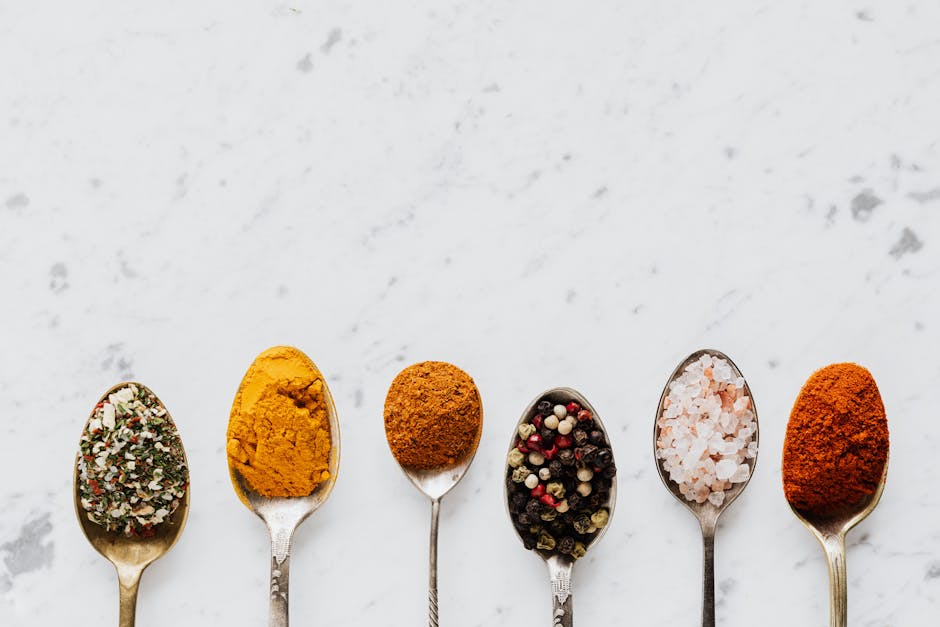Cooking, a seemingly simple act, can be fraught with pitfalls. From seemingly insignificant omissions to fundamental misunderstandings of ingredients, these mistakes can derail even the most enthusiastic home chefs. Understanding these common errors is crucial for achieving desired results and elevating your culinary journey. This exploration delves into some of the frequent snags encountered in the kitchen, offering insights into how to circumvent them.
Misjudging Ingredient Quantities and Proportions
A critical aspect of successful cooking lies in the precision of ingredient measurements. A slight deviation in the amount of flour, sugar, or liquid can drastically alter the final outcome. Too much salt, for instance, can render a dish unpalatable, while insufficient yeast can lead to a flat bread. Developing a keen sense of portioning is essential, and this extends beyond dry goods. Precise measurements for liquids are just as important, often involving precise volume measures instead of simply guessing. Investing in accurate measuring toolswhether spoons or graduated cylindersis a prudent investment.
Ignoring the Importance of Room Temperature
For optimal results, certain ingredients need to be brought to room temperature. This applies particularly to butter and eggs in baking recipes. Cold ingredients can disrupt the delicate chemical reactions that create the desired texture. If using cold butter in a biscuit recipe, for example, the result may be tough and crumbly. Allowing ingredients to reach room temperature ensures even incorporation and a smoother texture in your end product. This simple step can elevate your baking game significantly.
Insufficient Understanding of Heat Management
The control of heat is a fundamental aspect of cooking. Different ingredients respond differently to varying temperatures. Overcooking vegetables can render them mushy and flavourless, while undercooking them can leave them raw and unpalatable. Similarly, the precise heat level is vital for sauces and stocks. A slow simmer is crucial for extracting the maximum flavour from ingredients, whilst a rapid boil can lead to a watery texture or loss of delicate flavours. Paying close attention to heat level adjustments ensures that you achieve optimal outcomes.
Inadequate Preparation and Organization
A well-organized kitchen is a happy kitchen. A cluttered space can lead to errors and delays. Preparing ingredients beforehand, such as chopping vegetables or measuring spices, reduces stress and improves efficiency. A streamlined approach not only saves time but also reduces the likelihood of making mistakes. This includes having all your necessary tools and equipment at hand before commencing the cooking process. Having a clear understanding of your workflow and preparation steps beforehand significantly reduces potential issues.
Failure to Monitor Cooking Progress
Observing the dish throughout the cooking process is crucial for avoiding many errors. This includes paying attention to changes in colour, texture, and consistency. Overlooking these signs can result in overcooked food or undercooked items. Using a thermometer is particularly helpful for ensuring accurate internal temperature, crucial for meats and other dishes requiring specific temperatures for safety and quality. Regular checking ensures the cooking is on track, allowing adjustments to be made as needed.
Ignoring Recipe Instructions
This sounds rudimentary, but a surprisingly common pitfall is ignoring critical details in a recipe. A recipe is a roadmap to success, providing specific steps and guidelines for achieving a desired result. Skipping steps or deviating from instructions can alter the outcome significantly. Take note of the precise sequence of operations for optimal results. Reading the full recipe before commencing is an excellent habit to cultivate.
Choosing Incorrect Ingredients
Sometimes the problem isn’t the cooking technique but the ingredients themselves. Using subpar or incorrectly identified ingredients can result in a dish falling short of expectations. For example, using stale bread in a bread pudding recipe will compromise the end result. Thoroughly examining your ingredient purchases and understanding their properties is vital. This extends to the quality of the ingredients, whether fresh vegetables or high-quality proteins. Use the best quality ingredients available to you to make the most of your cooking efforts.
Lack of Patience and Technique
A common error is rushing the cooking process. Taking your time and following the recipe instructions carefully leads to significantly improved results. For instance, slow cooking methods, such as braising or stewing, require patience to extract the rich flavours and tenderness from the ingredients. This often results in elevated dishes that would be impossible to recreate with haste. Mastering techniques, such as knife skills or correct frying methods, enhances your ability to control the process and achieve desired results.
In Conclusion: Mastering the Art of Error Prevention
By avoiding these common pitfalls, you can greatly enhance your cooking skills and elevate your culinary creations. Precision, organization, attention to detail, and patience are essential for success in the kitchen. While these tips may seem basic, their application can significantly improve the quality and enjoyment of your culinary adventures. Embrace these principles, and you will find yourself creating delicious and satisfying meals with confidence.






